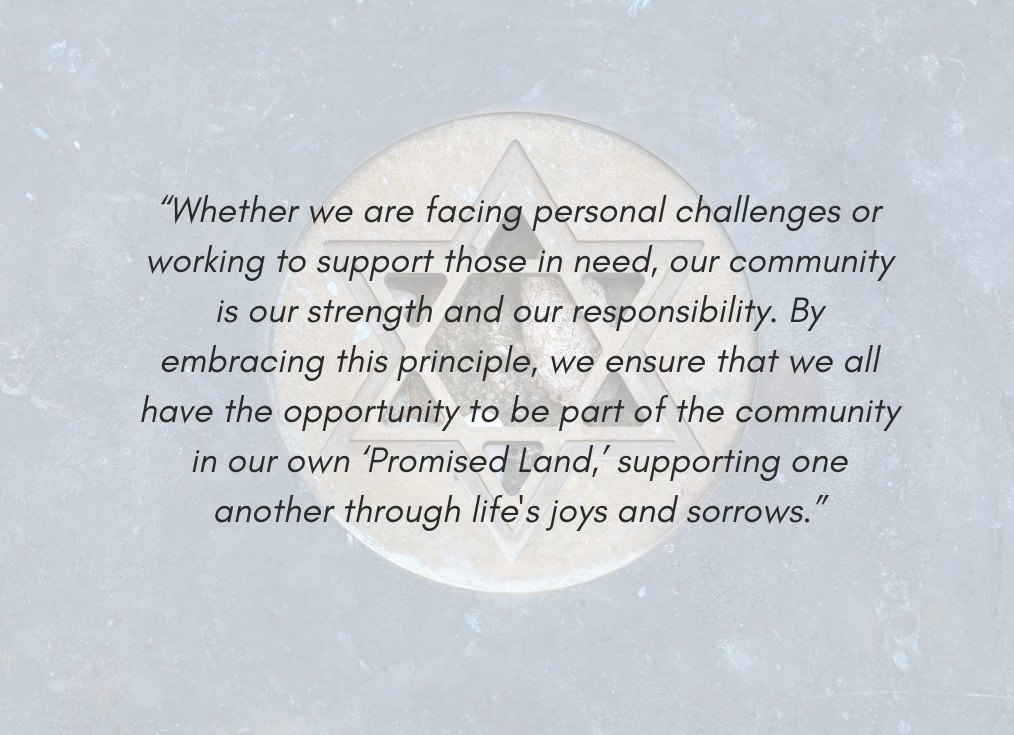Beyond the Well

Friday, July 12, 2024
Tammuz 6, 5784
This week’s Torah portion, Chukat, provides us with the pivotal moment that determines Moses’ eventual fate: being forbidden to enter the Promised Land. Traditionally, this consequence is attributed to Moses striking a rock multiple times to produce water for the complaining Israelites (Numbers 20:10-11). However, to truly understand the significance of this event, we must examine it in the context of Moses’ previous experiences and personal circumstances.
Moses had faced similar challenges before. At Mara, shortly after the splitting of the Reed Sea, the people found bitter water. Moses prayed to Gd, who instructed him on how to sweeten it. Later, at Rephidim (Exodus 17:1-7), when there was no water at all, Gd told Moses to strike a rock with his staff, and water flowed forth. Given these past successes, why did Moses react so differently this time?
The key lies in understanding Moses’ emotional state. He had just buried his sister, Miriam, who was not only his older sibling but also his protector from infancy. A midrash teaches us that a miraculous well, attributed to Miriam’s merit, had traveled with the Israelites throughout their desert wanderings. With Miriam’s passing, this water source vanished, leading to the people’s complaints.
Moses, in his grief, found himself in uncharted emotional territory. Despite his vast experience as a leader, he was now facing a familiar challenge under entirely new circumstances. This teaches us a profound lesson, no matter how capable or experienced we may be, life can present us with situations that overwhelm our usual coping mechanisms.
…
In such moments, it is crucial to reach out to others for support and guidance. Interestingly, Gd punishes Aaron as well for this incident. The sages explain that Aaron failed to be there for his brother in his time of need, while Moses, consumed by his own grief, neglected to consider Aaron’s emotional state, having grown up with Miriam while Moses was raised in Pharaoh’s palace.
This episode reminds us that we are social beings, never meant to face life’s challenges alone. As the CEO of our Federation, I am reminded of this truth when we work with local rabbis and synagogues to provide proper Jewish burials for indigent members of our community. When contacted by hospitals or bereaved families, we rely on the generosity of our community’s Indigent Burial Fund and the partnership of local synagogues and clergy to fulfill this sacred responsibility.
The lesson from this week’s Torah portion is clear, being part of a community, both in supporting others and seeking support when we need it, is a foundational principle of our faith and tradition. With everything that Moses had achieved, in his moment of grief and frustration, he neglected this crucial aspect of communal responsibility. As a result, he missed the opportunity to enter the Promised Land with his people.
Whether we are facing personal challenges or working to support those in need, our community is our strength and our responsibility. By embracing this principle, we ensure that we all have the opportunity to be part of the community in our own “Promised Land,” supporting one another through life’s joys and sorrows. Let us learn from Moses’ experience and remember that we are…
Shabbat Shalom.

